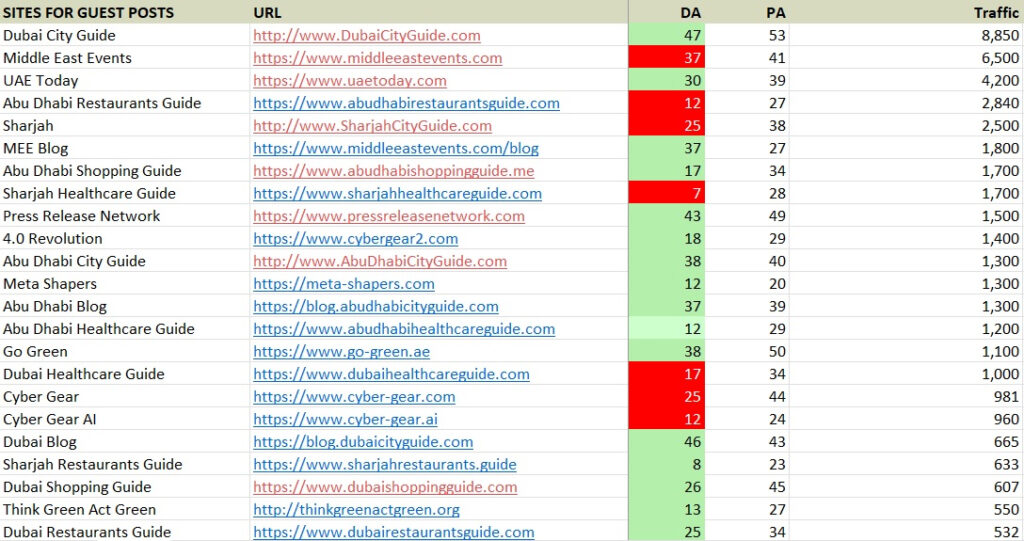How Google Uses AI for Search Results?
Google uses AI in multiple ways to enhance search results, aiming to deliver the most relevant and accurate information to users. Here are some key methods:
1. RankBrain:
- What it is: Introduced in 2015, RankBrain is a machine learning-based component of Google’s search algorithm.
- How it works: It helps Google understand the intent behind a search query, especially when the query is complex or ambiguous. RankBrain analyzes past searches to determine which results are most relevant to similar queries.
2. BERT (Bidirectional Encoder Representations from Transformers):
- What it is: BERT is a neural network-based technique for natural language processing pre-training. It was implemented into Google Search in 2019.
- How it works: BERT helps Google understand the context of words in a search query by analyzing the full sentence rather than looking at individual words in isolation. This leads to more accurate results, particularly for complex or conversational queries.
3. MUM (Multitask Unified Model):
- What it is: Announced in 2021, MUM is a powerful AI model designed to understand complex queries and multi-step tasks. It can handle both text and images.
- How it works: MUM can process information across different languages and formats, providing more nuanced answers to complicated questions. It can also suggest related topics and help users explore subjects more deeply.
4. Neural Matching:
- What it is: Neural matching is an AI technology that helps Google understand the broader concepts behind search queries.
- How it works: It analyzes how the terms in a query relate to concepts in Google’s index, allowing the search engine to match results that don’t necessarily contain the exact words in the query but are conceptually related.
5. Passage Ranking:
- What it is: Introduced in 2020, passage ranking is an AI-driven improvement that allows Google to rank specific passages within a webpage, rather than the entire page, based on relevance to the query.
- How it works: Google’s AI can pull out relevant sections of text even if the overall page isn’t entirely focused on the search query. This improves the chances of finding precise answers to specific questions.
6. Language Models and Generative AI:
- What it is: Google uses advanced language models like LaMDA (Language Model for Dialogue Applications) and generative AI to enhance conversational search.
- How it works: These models allow Google to engage more naturally in dialogue with users, providing more interactive and contextual search experiences. For instance, users can ask follow-up questions, and the AI will remember the context of previous interactions.
7. AI-Powered Recommendations:
- What it is: Google’s AI also powers recommendations for related searches and content.
- How it works: By analyzing patterns in user behavior and preferences, AI suggests additional searches, articles, and topics that might interest the user, often displayed as “People also ask” or “Related searches.”
8. Spam Detection and Content Quality Assessment:
- What it is: AI is crucial in detecting low-quality content, spam, and other forms of manipulation.
- How it works: Google’s AI systems evaluate content based on various factors, including originality, accuracy, and user engagement, to ensure that high-quality information surfaces in search results.
By integrating these AI technologies, Google continually refines its ability to deliver relevant, useful, and accurate search results, making the user experience more intuitive and effective.
Contributed by GuestPosts.biz













